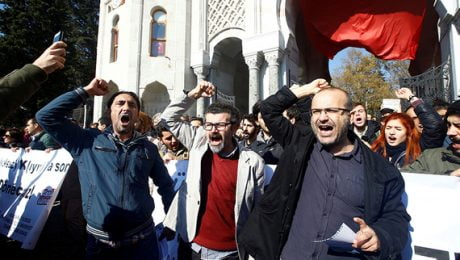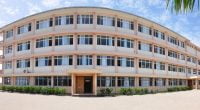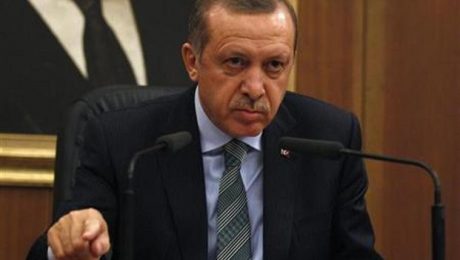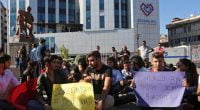Keyword: Education

Erdogan’s problem with his well-educated citizens
The government canceled the passports of all public servants purged with a decree and imposed travel restrictions on them and their spouses. Visiting scholars were ordered to return to Turkey. Academic freedom has been significantly restricted. In short, the entire educational system of Turkey has been crushed by the crackdown following the coup-attempt.

Panicky parents calmed over Feza Schools closure reports
The director assured the public that claims linking the institution to an alleged terror network were grossly untrue and a fabrication made with the intention of spoiling its image. “Our schools have no link with any terror group, we are a local registered charity organisation where every single sent obtained from schools fee is used for the redevelopment of the schools,” he added.

Sultan of Zing: Erdogan’s power trip makes African pit stop
Erdogan came to Tanzania, Mozambique and Madagascar believing that if he waved around the prospect of massive investment, the governments would shut down the Gulen schools and give marching orders to the Turkish nationals running them. It turned out at the African states quite like having well-resourced schools catering for the local elites and did not oblige.

Erdogan in Africa: Gulen and trade ties
Erdogan wants the Gulen-linked schools in Africa to be closed down, yet they are the very educational establishments which are popular with Africa’s middle class. They are an inexpensive alternative to French schools. If parents send their children to Turkish schools, it is not because the schools are Turkish, but because they employ good teachers. Africa’s middle class want good schools.

Erdogan in East Africa to fight against Gulen
Turkish President Recep Tayyip Erdogan arrived in Tanzania on January 22 to launch a three-nation East Africa tour to crack down against Fethullah Gulen. Erdogan is targeting an international network of charities and schools affiliated with a movement run by US-based Gulen.

Erdogan targets Hizmet inspired schools on Africa visit
Turkey’s involvement in Africa feeds into the Turkish ruling party’s “self-perception as the protector of Muslims and Muslim minorities around the world.” There is also the understanding that the existing Gulenist networks in the West are harder to take on because of Turkey’s capability limitations in the West, especially when it comes to influence and imagery problems.

Turkey’s targeted teachers find refuge in Vietnam
Vietnam feels like an odd refuge for those who put their faith in one of Turkey’s most controversial political figures—a man who preaches peace, but has been accused of fomenting war. For Yildirim and others like him, however, it may prove the safest place in the world.

























